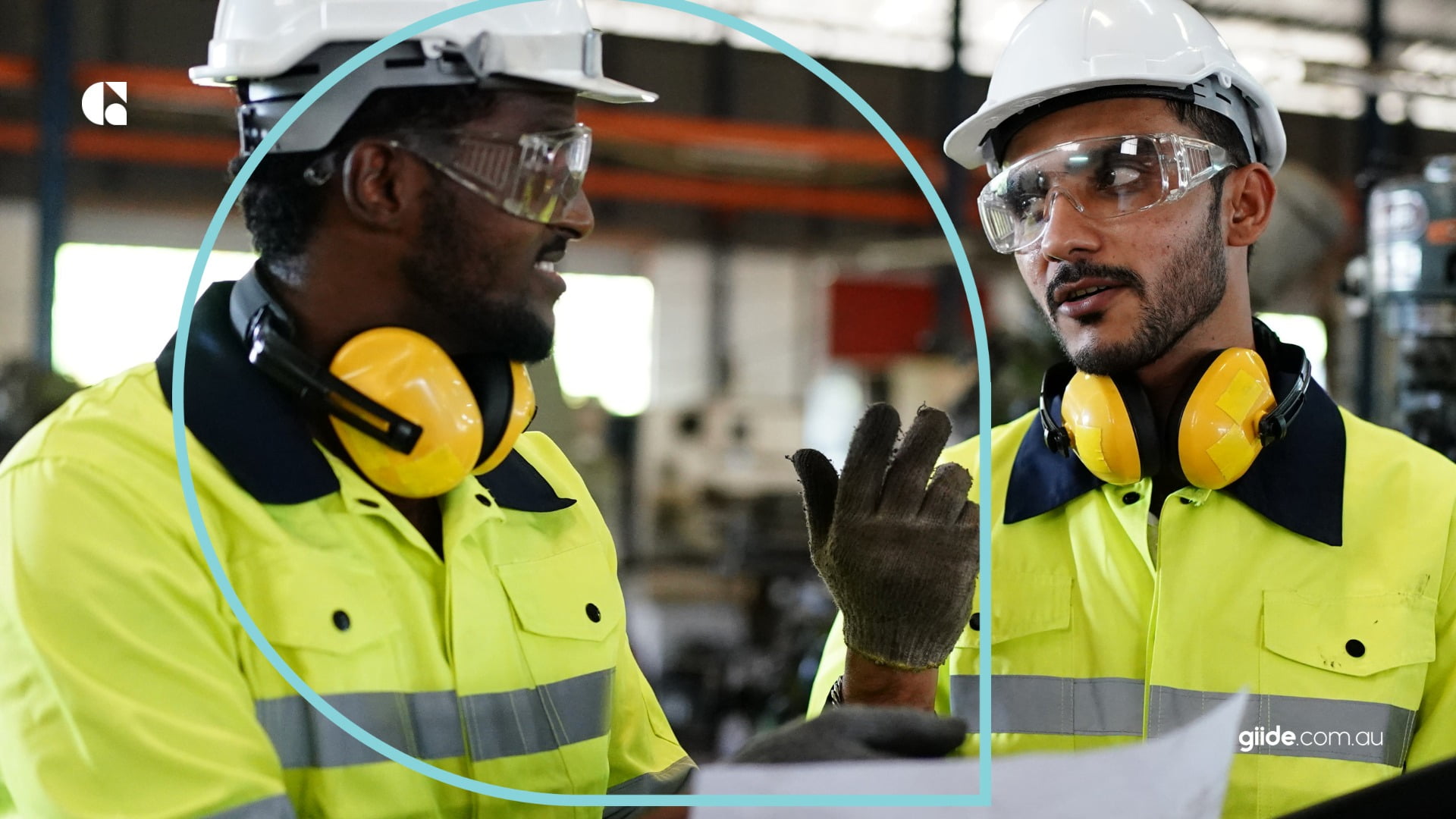The future of recruitment has arrived, and it’s all thanks to technology. In a world that is rapidly evolving, businesses are increasingly turning to innovative solutions to streamline their hiring process. From artificial intelligence-powered applicant tracking systems to video interviewing platforms, companies are harnessing the power of technology to find the best talent quickly and efficiently. And the results are astounding.
With the rise of digital tools, recruiters now have access to a wealth of data that can help them make more informed decisions. They can analyse applicant resumes in seconds, identify top candidates with the right skills and experience, and even predict the likelihood of a successful hire. This not only saves time and effort but also ensures that companies are finding the right fit for their organisation.
Moreover, technology has made the recruitment process more accessible and inclusive. Job seekers from around the world can now apply for positions remotely, eliminating geographical barriers and enabling companies to tap into a global talent pool.
As technology continues to advance, the future of recruitment looks promising. It’s an exciting time for both employers and job seekers, as technology revolutionises the way companies find and hire top talent. So, get ready to embrace the future of recruitment – it’s here to stay.
Technology has revolutionised the way companies approach recruitment. Gone are the days of manually sifting through stacks of resumes and conducting lengthy interviews. Applicant tracking systems (ATS) have automated the initial screening process, allowing recruiters to analyse applicant resumes in seconds. These systems use algorithms to identify top candidates with the right skills and experience, making it easier for recruiters to focus their time and energy on the most promising candidates.
Artificial intelligence (AI) and machine learning have taken recruitment to the next level. AI-powered algorithms can now predict the likelihood of a successful hire based on historical data and patterns. This not only saves time and effort but also ensures that companies are finding the right fit for their organisation. AI can also help eliminate bias in the hiring process by focusing on objective criteria rather than subjective opinions.
Video interviewing has become increasingly popular in recent years, especially with the rise of remote work. It allows recruiters to conduct interviews with candidates from anywhere in the world, eliminating geographical barriers and enabling companies to tap into a global talent pool. Video interviews also offer a more efficient and convenient alternative to traditional face-to-face interviews. Recruiters can save time and resources by conducting initial screenings through video interviews, and only inviting the most promising candidates for in-person interviews.
Another benefit of video interviewing is that it allows recruiters to assess a candidate’s communication and presentation skills. Body language, facial expressions, and tone of voice can all be observed during a video interview, providing valuable insights into a candidate’s suitability for a role. Additionally, video interviews can be recorded and reviewed later, allowing recruiters to share the interview with other decision-makers in the hiring process.
Social media and professional networking platforms have become powerful tools for recruitment. Platforms such as LinkedIn allow recruiters to not only search for potential candidates but also gain insights into their professional background, skills, and connections. Recruiters can also leverage social media to promote job openings, engage with potential candidates, and build relationships with passive job seekers.
Professional networking platforms offer a more targeted approach to recruitment. These platforms bring professionals from specific industries together, making it easier for recruiters to connect with candidates who have the right skills and experience. By actively participating in industry-specific groups and discussions, recruiters can build their network and stay up-to-date with the latest trends and developments in their field.
Virtual reality (VR) and augmented reality (AR) are emerging technologies that have the potential to transform the recruitment process. VR can be used to create immersive experiences, allowing candidates to virtually explore a company’s office, meet potential colleagues, and even perform job-related tasks. This gives candidates a better understanding of the company culture and work environment, helping them make more informed decisions about job opportunities.
AR, on the other hand, can be used to enhance the recruitment process by overlaying digital information onto the real world. For example, AR can be used to provide candidates with real-time feedback during interviews, or to guide candidates through virtual assessments and simulations. These technologies not only make the recruitment process more engaging and interactive but also help recruiters assess a candidate’s skills and fit for a role more effectively.
The COVID-19 pandemic has accelerated the adoption of remote work, and this trend is likely to continue in the future. Remote work offers numerous benefits for both employers and employees, including increased flexibility, reduced commuting time, and access to a global talent pool. As a result, companies are now looking for candidates who have the necessary skills to thrive in a remote work environment.
Recruiters need to adapt to this changing landscape by leveraging technology to assess a candidate’s remote work capabilities. This may involve using video interviews to assess a candidate’s communication and collaboration skills, or using online assessments to evaluate a candidate’s ability to work independently and manage their time effectively. By embracing remote work and using technology to assess remote work capabilities, recruiters can find the best talent regardless of location.
Data analytics is playing an increasingly important role in the recruitment process. Recruiters now have access to a wealth of data that can help them make more informed hiring decisions. By analysing historical hiring data, recruiters can identify patterns and trends that can help them predict the success of future hires. They can also use data to identify areas for improvement in the recruitment process and make data-driven decisions to optimize their hiring strategies.
Data analytics can also help eliminate bias in the hiring process. By focusing on objective criteria and using data to assess a candidate’s suitability for a role, recruiters can reduce the impact of unconscious biases that can influence hiring decisions. This not only leads to a more diverse and inclusive workforce but also ensures that companies are hiring based on merit and qualifications.
The rise of remote work has been a game-changer for the recruitment industry. With advancements in technology, more and more companies are embracing the concept of remote work, allowing employees to work from anywhere in the world. This shift has not only opened up new opportunities for job seekers but has also changed the way companies approach the hiring process.
One of the biggest advantages of remote work is the ability to tap into a larger talent pool. Companies are no longer limited to hiring candidates within a specific geographical area. They can now recruit talent from around the world, which increases the chances of finding the best fit for the job. This means that job seekers, regardless of their location, have a wider range of opportunities available to them.
In addition to expanding the talent pool, remote work has also made the recruitment process more efficient. With the help of technology, companies can conduct virtual interviews, saving time and resources. Video interviewing platforms have become increasingly popular, allowing recruiters to assess candidates’ communication skills and cultural fit without the need for in-person meetings. This not only speeds up the hiring process but also reduces costs associated with travel and accommodation.
In some professions remote work has also led to a shift in the way companies evaluate job performance. With the absence of physical office spaces, employers are increasingly relying on data-driven performance metrics to assess employee productivity. This means that job seekers need to showcase their ability to work independently, meet deadlines, and communicate effectively in a virtual environment.



